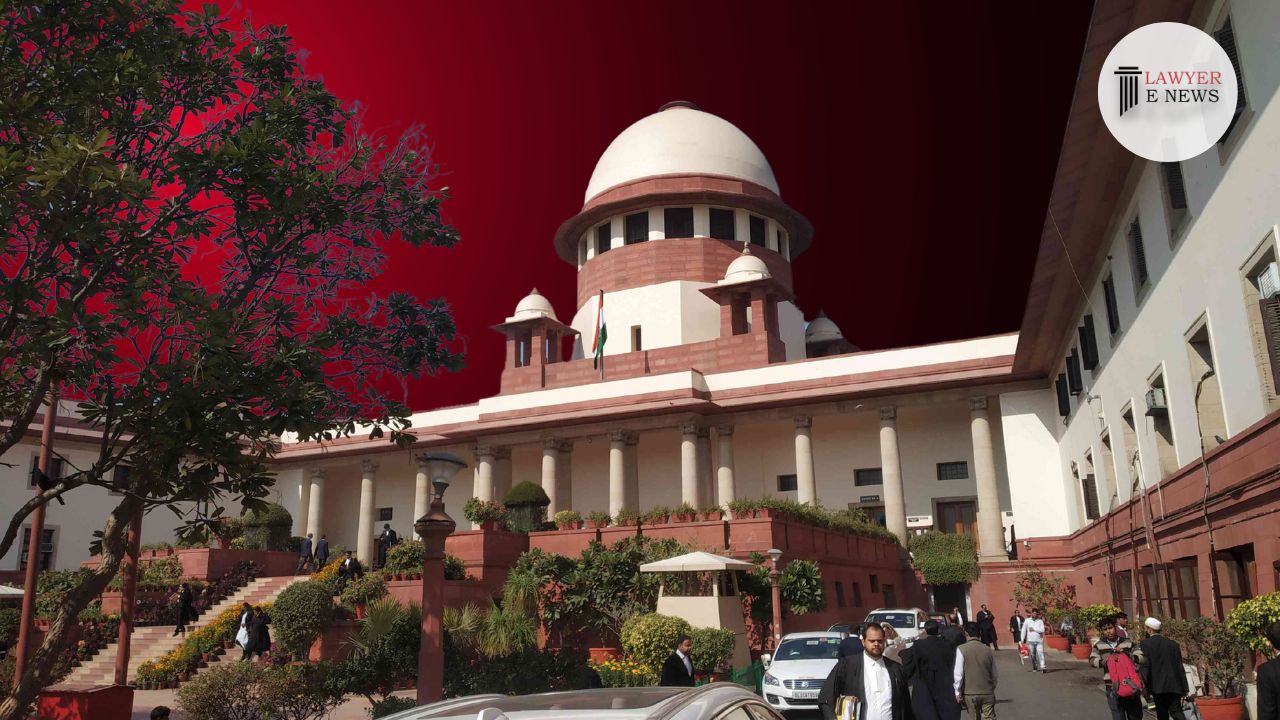-
by Admin
15 February 2026 5:35 AM



In a significant ruling, the Supreme Court of India has granted a divorce decree to a couple, Shri Rakesh Raman and Smt. Kavita, on the grounds of irretrievable breakdown of their marriage. The court held that the continuation of their marital relationship would only perpetuate cruelty and awarded a substantial amount as permanent alimony to the wife.
The case, Civil Appeal No. 2012 of 2013, originated from a divorce proceeding initiated by Shri Rakesh Raman under Section 13 of the Hindu Marriage Act, 1955, in the Court of Additional District Judge (North), Tis Hazari Courts, Delhi. The trial court had decreed the divorce, but the decision was subsequently overturned by the Delhi High Court. Aggrieved by the High Court's ruling, Shri Rakesh Raman approached the Supreme Court, which granted special leave to appeal.
In the judgment delivered by Hon'ble Mr. Justice Sudhanshu Dhulia and Hon'ble Mr. Justice J.B. Pardiwala, the court analyzed the facts and circumstances of the case. The court noted that the couple had been living separately for nearly 25 years, with no cohabitation during this period. Moreover, there were no children from the marriage. The court further highlighted the failed attempts at reconciliation and mediation, which had only exacerbated the bitterness between the parties.
Taking into account the entire matrimonial relationship, the court found that the continued marriage would amount to cruelty inflicted by each party on the other. While the Hindu Marriage Act does not explicitly recognize irretrievable breakdown as a ground for divorce, the court invoked the ground of cruelty under Section 13(1)(ia) of the Act to dissolve the marriage.
Addressing the issue of alimony, the court observed that the appellant, Shri Rakesh Raman, was an employee of the Life Insurance Corporation with a monthly salary exceeding Rs. 1,00,000. In light of this, the court ordered him to pay a substantial amount of Rs. 30,00,000 as permanent alimony to Smt. Kavita.
The court's judgment is significant as it recognizes the concept of irretrievable breakdown of a marriage, despite the absence of a specific provision in the Hindu Marriage Act. The decision aligns with previous rulings where the court dissolved marriages on similar grounds using its power under Article 142 of the Constitution of India.
This judgment reinforces the court's stance on addressing the realities of human relationships and the need to protect the interests of individuals caught in broken marriages. By granting the divorce and awarding alimony, the court has provided relief to the parties involved and acknowledged the need for justice in such circumstances.
The case sets a precedent for future divorce proceedings where the irretrievable breakdown of a marriage can be considered a ground for dissolution, even if not explicitly provided for in the statute. It highlights the court's approach to ensure fairness and equity in matrimonial cases, taking into account the emotional and psychological well-being of the parties involved.
With this ruling, the Supreme Court has reaffirmed its commitment to evolving legal principles and adapting to the changing dynamics of modern society, ultimately aiming to deliver justice and protect the fundamental rights of individuals in marital relationships.
Shri Rakesh Raman vs Smt. Kavita
